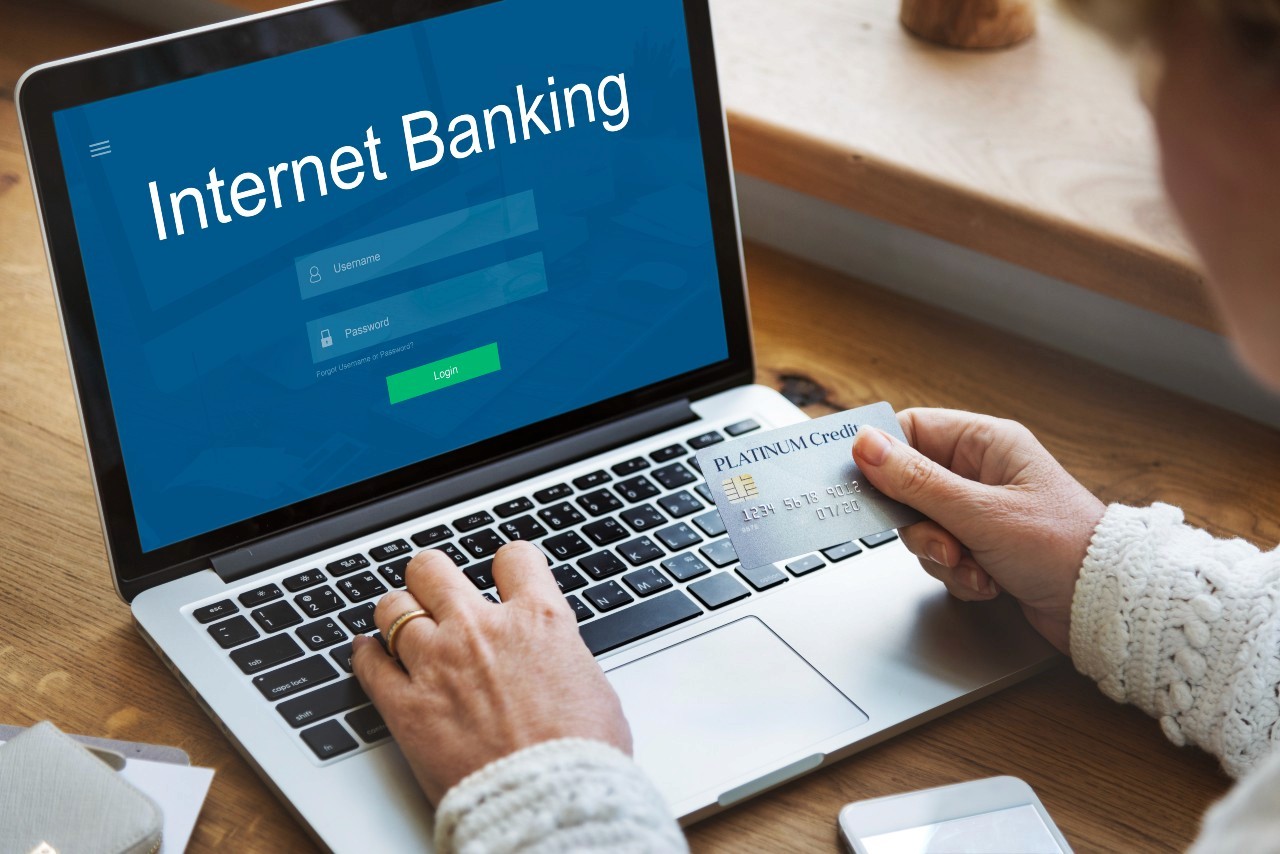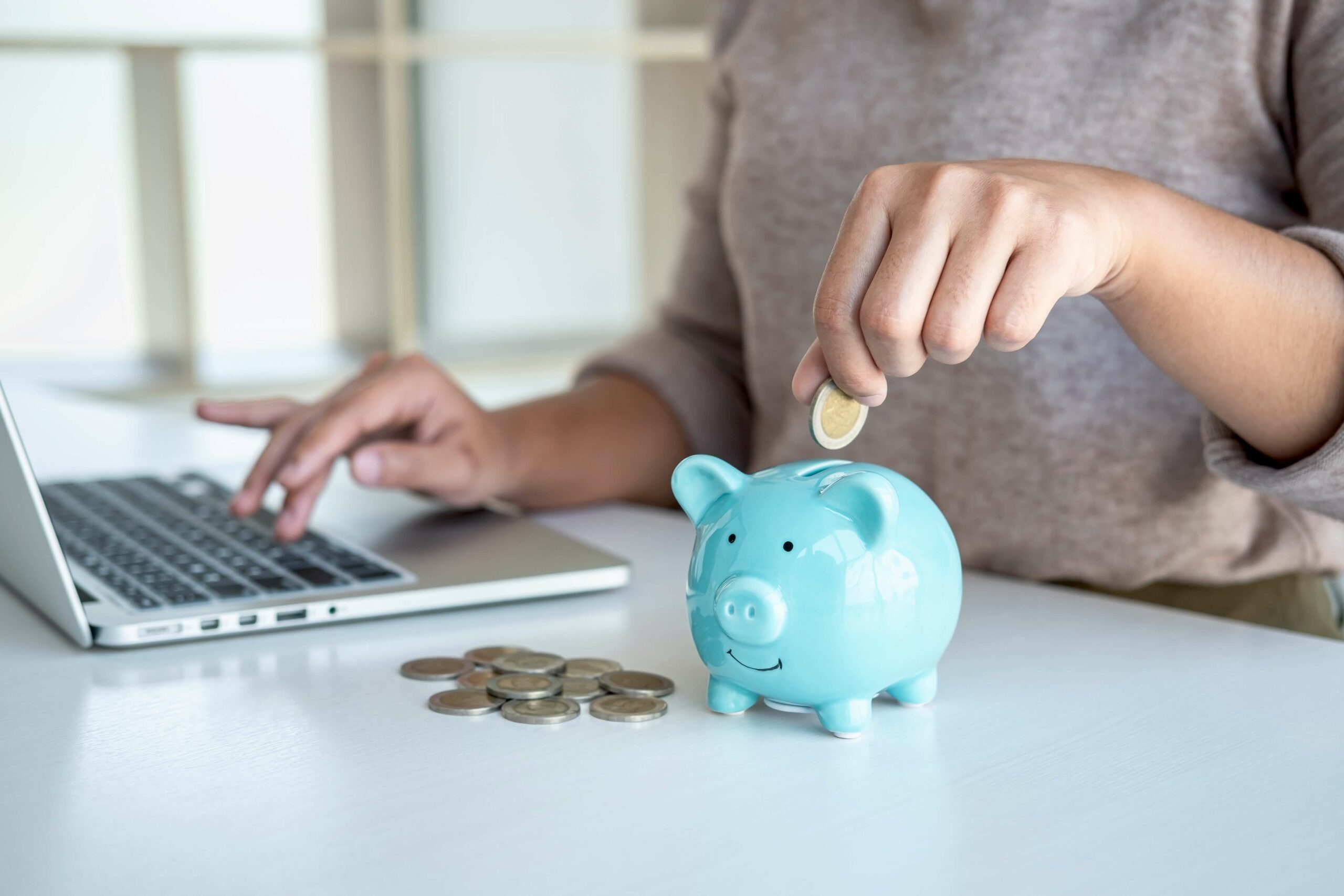A bank account number is like the main tag for your bank account—it's unique and specific to you. No two people at different banks will ever have the same account number. To keep things organized, banks throw in different codes at the start of the account number. In India, public banks usually stick to an 11-digit style, while private banks go for either 12 or 14 digits. Knowing your account number comes in handy when you're expecting some money, so this blog will walk you through how to check bank account number.
What's a Bank Account Number?
When you open a bank account online or offline, they give you a special number just for you. It's like your account's own fingerprint – helps the bank know it's yours and not someone else's. Besides just recognizing your account, you use this number to send money or set up regular payments. Since it's a one-of-a-kind code, no two banks can have the same account number.
How to Check Bank Account Number?
1. Welcome Letter
One of the simplest ways to identify your bank account number is through the welcome letter provided by the bank. Typically included in the welcome kit when you set up a new account, this letter outlines crucial details such as your account number, customer ID, bank IFSC code, and guidelines for account usage.
2. Cheque Book
Your chequebook, which is part of the welcome kit, also contains your account number. You can find it prominently displayed on the main page alongside other account details. Additionally, each cheque leaf bears your account number for easy reference.
3. Passbook or Account Statement
Banks issue a passbook or an account statement summarizing all your account activities, including both debit and credit transactions. The first page of the passbook provides comprehensive account details, including your name, account number, age, date of birth, contact address, and more. Alternatively, with the rise of online banking, you can perform a bank account number search through net or mobile banking platforms. Monthly e-statements sent to your registered email address also contain your account number.
4. Mobile Banking App
If you utilize online or mobile banking, accessing your account number is a straightforward process. After logging in, navigate to the banking accounts section, where you'll find detailed information for each linked account. Locate the specific account you're interested in and look for an information button or a similar feature. The exact wording may differ between banks, such as 'checking account number,' so explore the options available.
5. Visit the Branch
For those who prefer a more traditional approach, physically visiting the nearest branch of your bank is always an option. It is advisable, however, to visit the branch where your account was originally opened for a more efficient and accurate account number retrieval process.
Importance of Keeping Your Bank Account Number Secure
-
Protecting Against Banking Fraud
Sharing your bank account details without proper verification can expose you to banking fraud. Your account number holds sensitive information, including details linked to your debit and credit cards. Banks advise against sharing these details unless it's for a legitimate fund transfer. Even then, it's important to verify the credibility of the sender, especially if it's a first-time transaction or an online source.
-
Guarding Against Personal Identity Theft
In today's digital world, identity theft is a real concern. While unethical hackers may not be able to withdraw funds with just your account number, they can closely monitor your activities and gather information for potential fraud. Keep your account number confidential, especially when accepting fund transfers, and ensure they come from trusted sources.
-
Caution Against Online Threats
Avoid sharing your account number through unsecured channels like emails or messaging apps, as these can be accessed by anyone using the device. Utilize trusted and secure channels, especially when sharing information on social media platforms. Unsecured communication methods pose threats such as fraud and data theft, so exercise caution to safeguard your bank account.
-
Beware of Random Requests
Be cautious of requests for your account number through random texts or messages, particularly those claiming to offer prize money. Responding to such requests can lead to severe financial consequences. Always make informed decisions and refrain from sharing your bank account details with unknown online contacts. Due to a lack of awareness, many people unknowingly share their account details, facing severe consequences. Consider securing your shared information through encryption. For instance, when sending your account number via email, use a password-protected zip file for added security. Additionally, when using messaging apps, set up disappearing messages to ensure that your details are accessed only once and then automatically deleted, minimizing the risk of data theft.
Closing Thoughts
Consider your bank account number as the key to unlocking your financial world. Whether it's in welcome letters or on your chequebook, there are different places where you can find it. But it's not just about knowing the number – it's also important to keep it safe. Follow these tips to secure your financial information and enjoy peace of mind in the world of banking.







